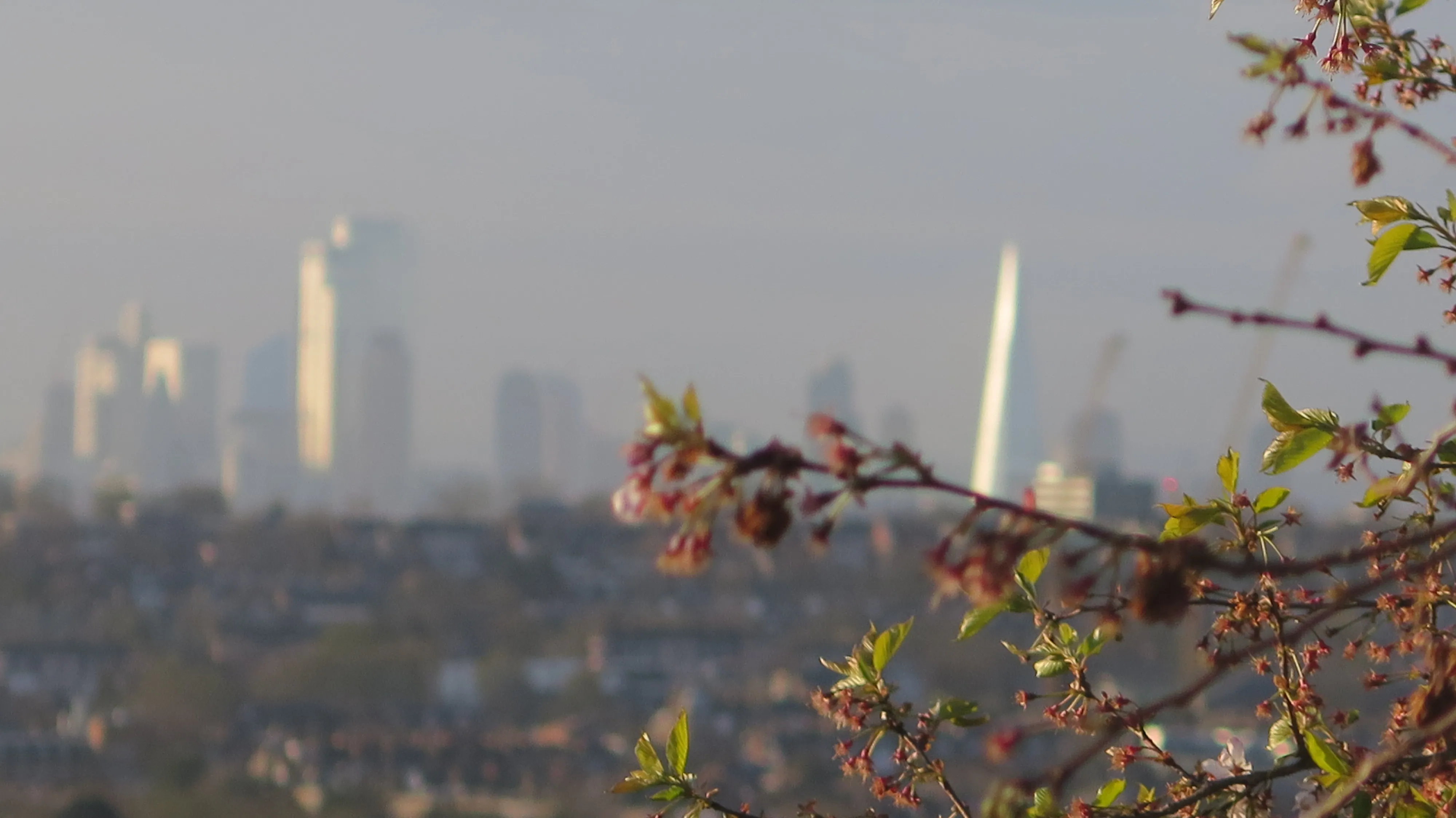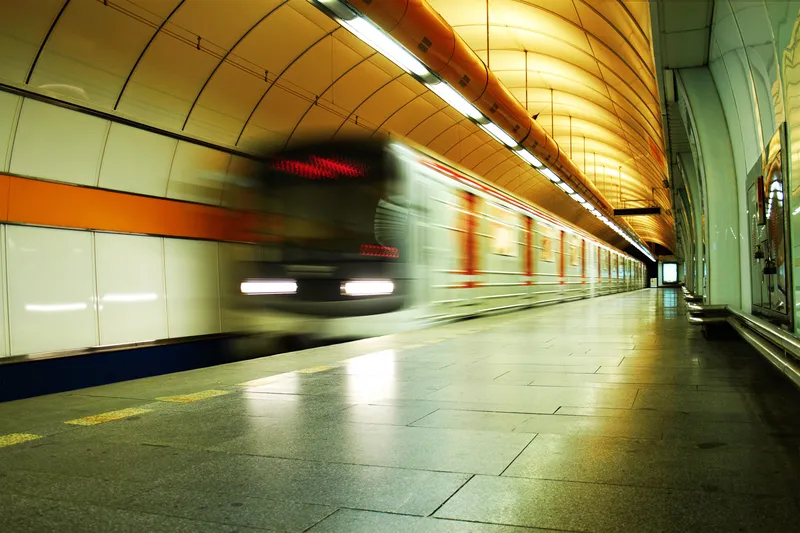
“You have chosen a Paris that can breathe.” That was the message from the French capital’s mayor Anne Hidalgo as she was recently re-elected.
The city has certainly given over more road space to bicycles and pedestrians but there’s a major problem: air pollution has come back with a vengeance as we emerge from lockdown. And it’s the same all over the world.
There is no simple answer to this. Public transport ridership remains way down in many cities.
Different forms of micromobility certainly offer an opportunity to reduce carbon footprints and improve quality of life – but research suggests that free-floating e-scooters actually increased greenhouse gas emissions in Paris. So in order to maintain the benefits of cleaner air post-Covid, different places will need to find exactly what works for them.
In addition to micromobility, Mobility as a Service and active mobility, there is going to need to be a mix of management – of traffic, of demand, of congestion – at the same time as coaxing people back onto trains, subways, trams and buses.
Holistic solutions are required and ITS companies can play a major role.
Of course, breathing – or the inability to breathe - is a recurring theme in the world at the moment.
Many voices are suggesting that the social and economic inequalities laid bare by coronavirus and highlighted by the Black Lives Matter movement must be addressed – along with environmental concerns - in whatever societal ‘re-set’ comes out of the pandemic.
To those who think that such discussions have no place here, it’s worth remembering that the ITS world does not exist in a vacuum.
The way that transport services are planned and run, the choices that we take in promoting new mobility initiatives, the access that we build into our schemes, our assumptions in how we think about what our communities need – all of these things have a bearing on the health and wellbeing of our fellow citizens of the world.
Thus we all have an obligation to think about the best part that we can play in this re-set, too.
As ever, thank you for reading, and stay healthy.

@ITSeditorAdam
@ITS_Int_News
Have your say
Email me at… [email protected]










